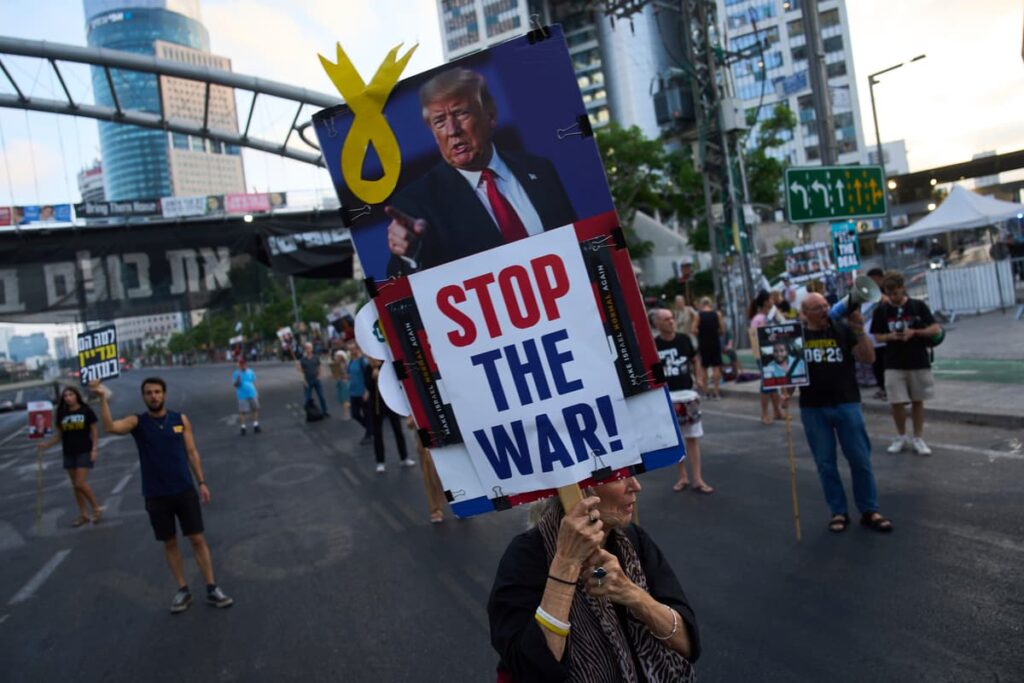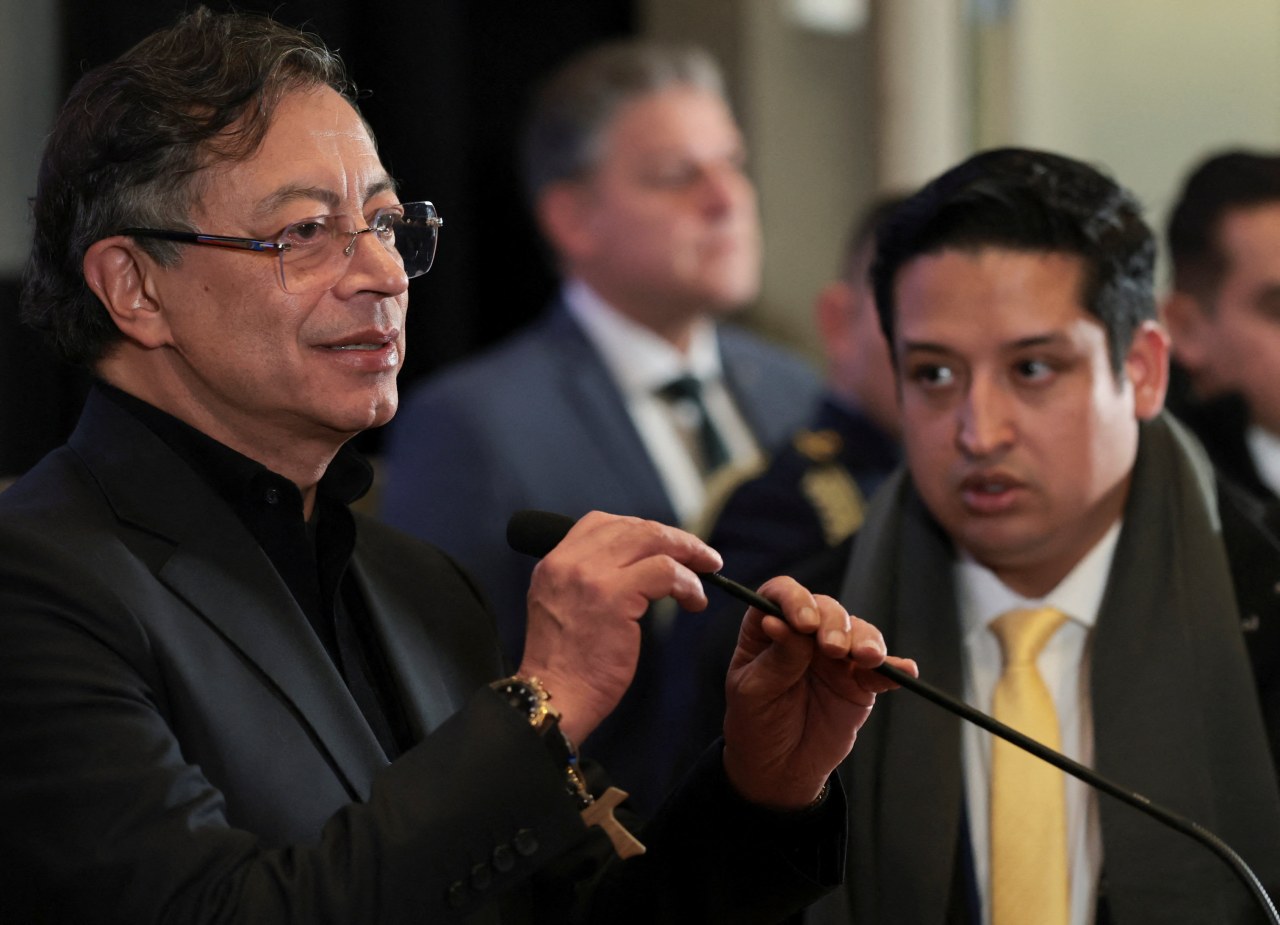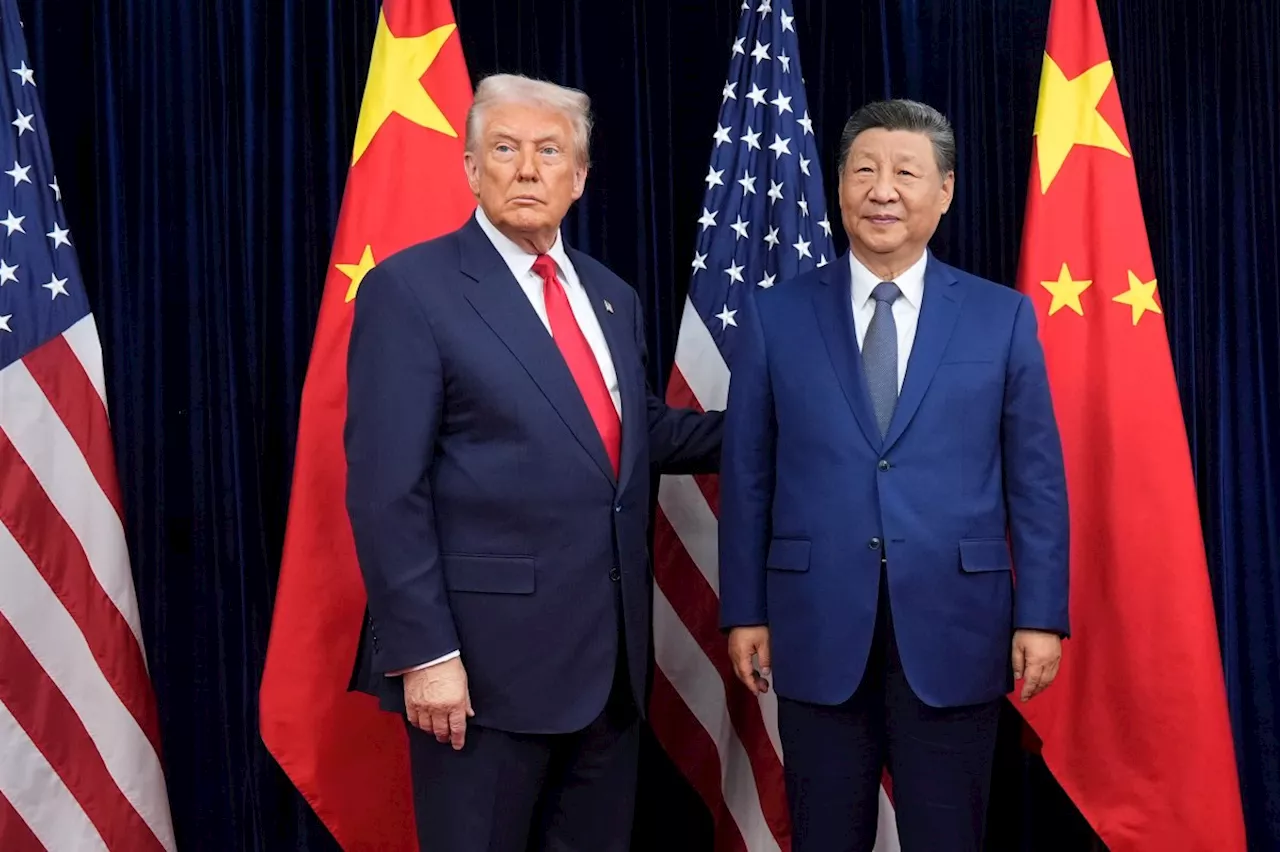
The Abraham Accords, signed by Israel, the United Arab Emirates (UAE), Bahrain, Sudan, and Morocco during the Trump administration, currently face significant challenges due to the ongoing conflict in Gaza. Nearly five years after their inception, the accords are at a pivotal point, influenced by shifting public sentiment, regional instability, and the crucial role of Saudi Arabia, which has yet to formally join the agreement.
Gaza Conflict Challenges Diplomatic Efforts
Under the leadership of Prime Minister Benjamin Netanyahu and UAE Crown Prince Mohammed bin Zayed, the accords initially accelerated diplomatic relations, trade, and security collaborations among signatories. Despite ongoing political turmoil in Israel and instability in the region, Netanyahu’s government has aimed to maintain momentum. This is particularly important as the accords confront their most significant challenge in years.
“The war in Gaza has effectively suspended any expansion of the Abraham Accords,” said Iulia-Sabina Joja, a senior fellow at the Middle East Institute, in an interview with the New York Sun. “No country has been willing to sign the accords until a permanent ceasefire has been agreed on.”
The conflict, characterized by intense hostilities between Israel and Hamas, threatens the fragile peace established by the accords. While signatories have expressed concern over civilian casualties, their support for Israel’s right to self-defense remains unwavering. Jonathan Ruhe, Director of Foreign Policy at the Jewish Institute for National Security of America, noted that existing members show no signs of abandoning the accords. However, expanding them has become increasingly difficult, at least until the conflict concludes and a new postwar landscape emerges.
The ongoing war has heightened unease, particularly among populations sympathetic to the Palestinian cause, potentially undermining popular support for normalization. Conversely, it has also underscored the necessity of cooperation between Israel and its Arab partners to counter extremist threats, a foundational aspect of the accords.
Potential New Signatories and the Saudi Arabia Factor
Amid these tensions, speculation about new signatories has emerged, including Pakistan, traditionally an adversary of Israel. Analysts suggest that Pakistan’s inclusion in the accords could represent a substantial shift, potentially solidifying or complicating the fragile peace established under U.S. mediation.
“The geopolitical impact would be profound: recognition by what could soon be the world’s biggest Muslim population, a large market for Israeli exports, and surrounding Iran with another country at peace with Israel,” Ruhe said. Islamabad’s possible entry into the accords is viewed as a strategic maneuver to counter Iranian influence amid escalating regional tensions.
The conversation around Pakistan’s potential recognition of Israel remains nuanced. Pakistan’s Defence Minister Khawaja Asif hinted at a willingness to consider such a move, emphasizing it would need to align with national interests. However, skepticism persists regarding Islamabad’s historical stance on Israel, with some analysts cautioning against the trustworthiness of Pakistani leadership in diplomatic negotiations.
Perhaps the most influential player in the future of the Abraham Accords is Saudi Arabia. The Kingdom has not formally joined the accords but has made strides in warming relations with Israel. According to Ruhe, Riyadh’s participation would represent a monumental achievement, offering legitimacy to other Muslim nations considering recognition of Israel.
Saudi Arabia’s cautious approach stems from public sentiment, ongoing concerns regarding the Palestinian situation, and its complex relationship with Iran. Crown Prince Mohammed bin Salman has indicated that any significant engagement with Israel hinges on progress toward a Palestinian state and resolution of tensions in Gaza.
“A ceasefire agreement would unlock the potential for cooperation with countries like Saudi Arabia, Pakistan, and others, fostering diplomatic, economic, and cultural ties,” Joja explained. “Israel’s economic development and innovative capacity are significant assets for potential partners.”
As the Gaza conflict continues, the future of the Abraham Accords hangs in the balance. Supporters highlight the backing from the United States Congress and ongoing economic cooperation as signs of resilience. Conversely, critics warn of rising tensions and public opposition that could hinder progress.
Whether the accords can foster lasting stability depends on leaders’ abilities to navigate shifting alliances and ongoing conflicts. “A ceasefire in Gaza is a necessary condition for the development of the Abraham Accords,” Joja added. “Addressing Iran’s support for proxies will also be essential for long-term stability in the region.”







